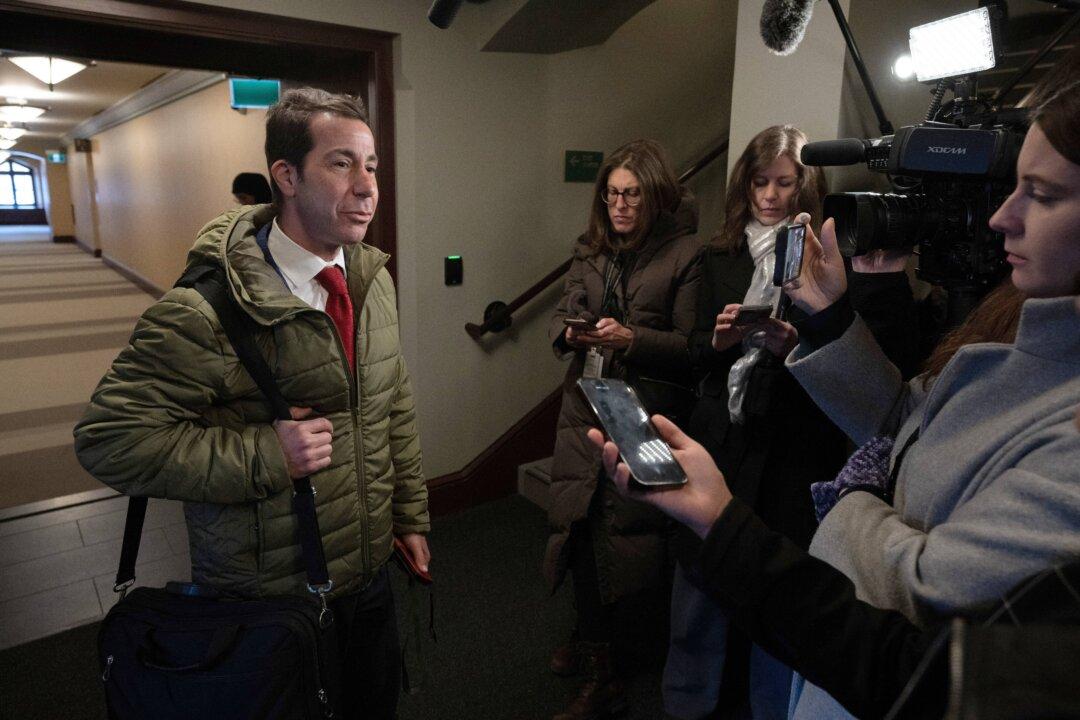The resignation of Chrystia Freeland from cabinet on Dec. 16 again amplified divisions within the Liberal caucus on whether Prime Minister Justin Trudeau should stay on as leader, and some MPs previously mum on the matter are now speaking out.
Over 10 Liberal MPs have now publicly called on Trudeau to step down. This is still short, however, of the 23 who signed an internal letter in October calling for his resignation.





